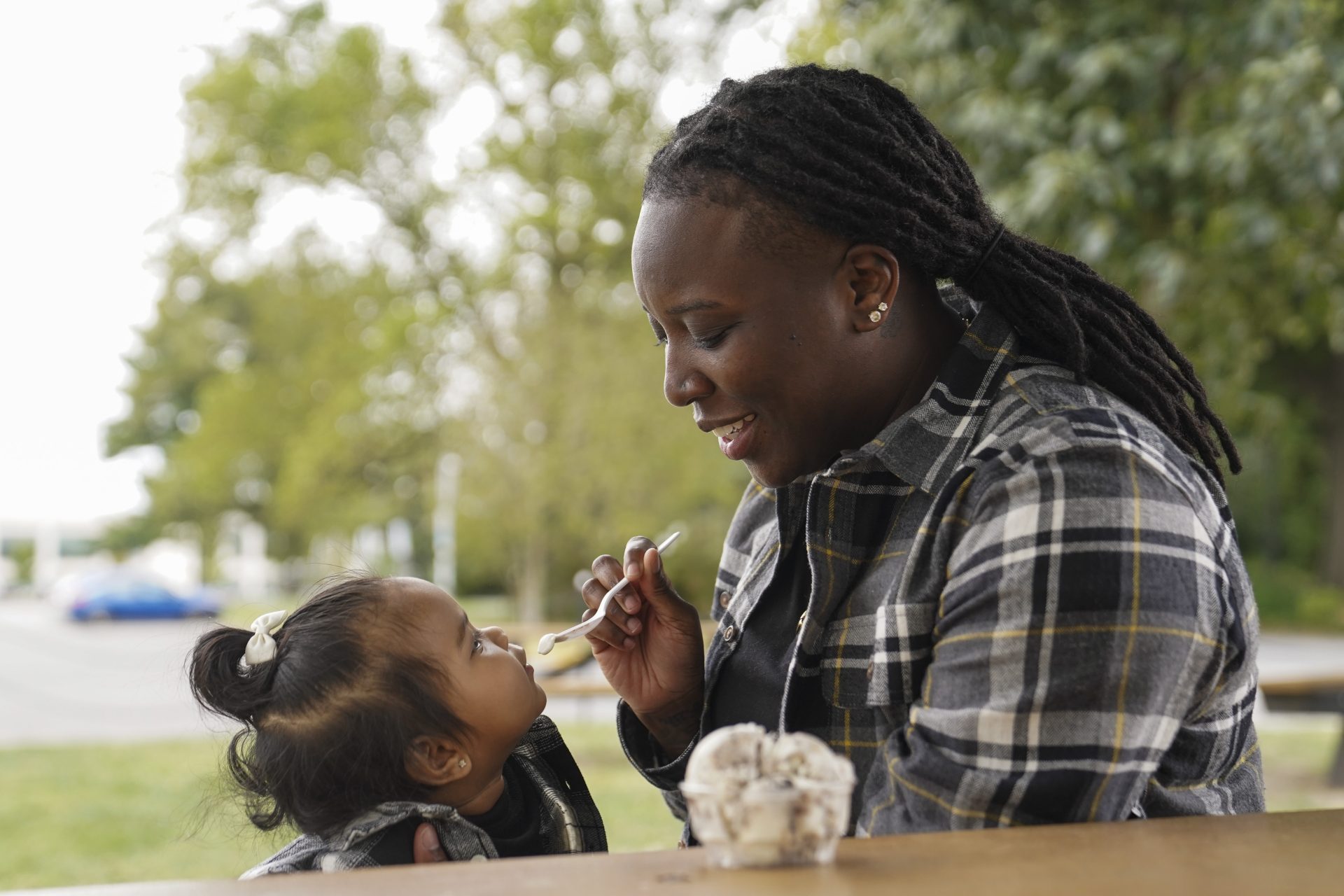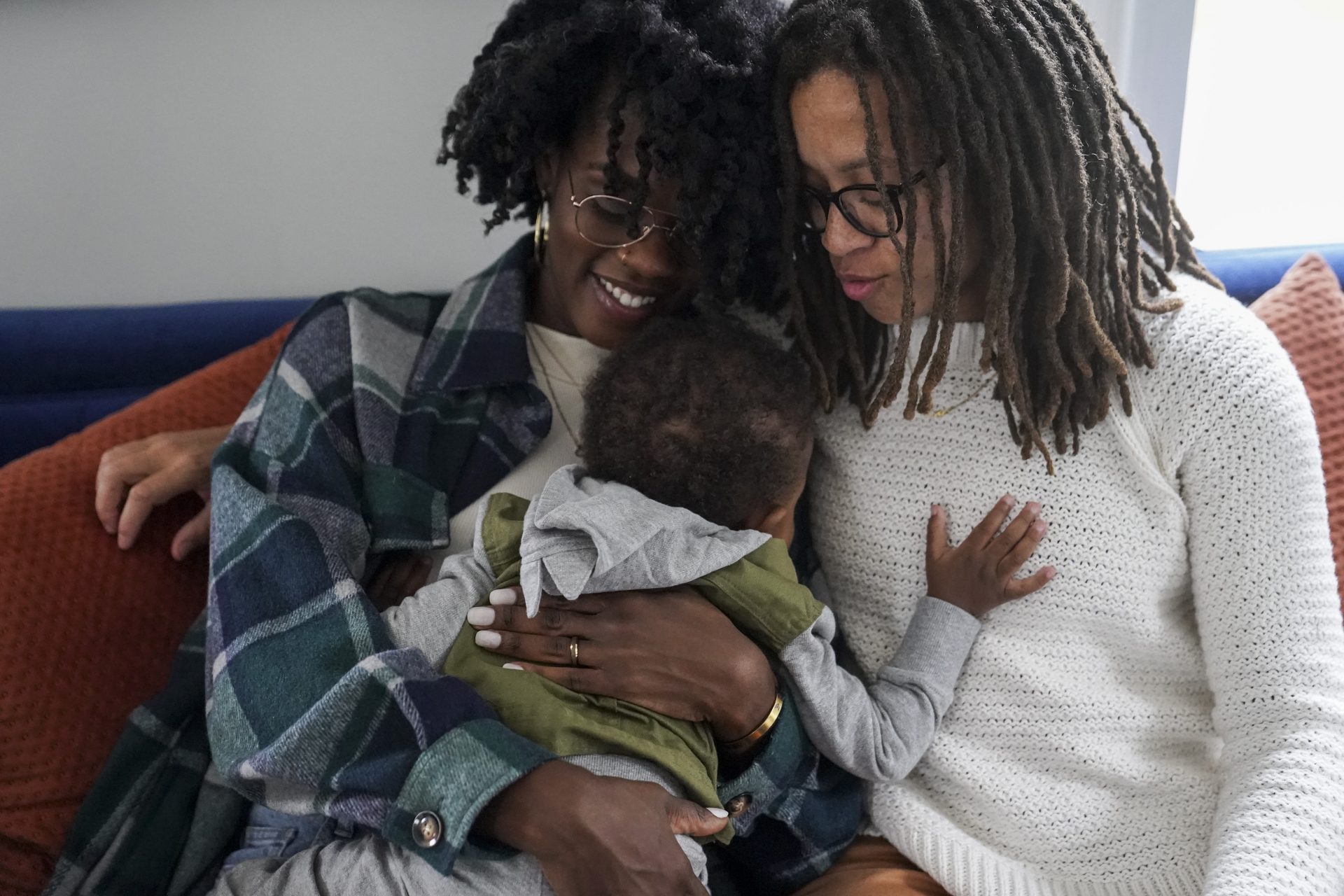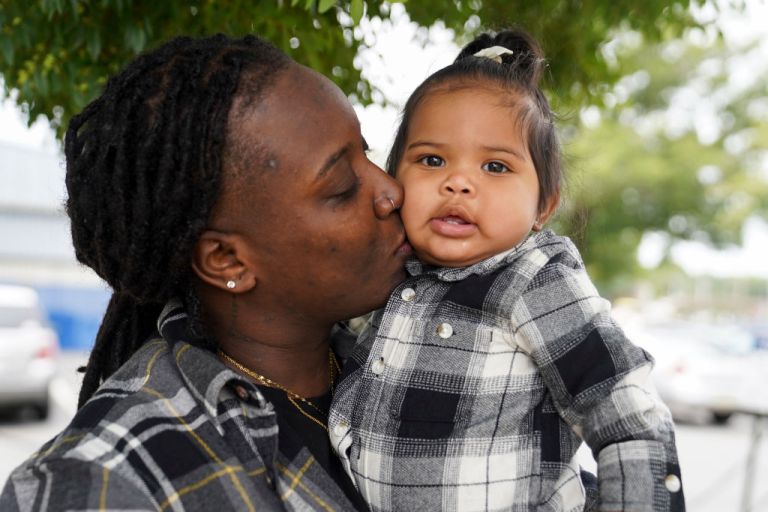A shortage in Black sperm donors is impacting Black women seeking motherhood in more unconventional ways, with one woman’s story shedding light on the growing seriousness of the situation.
The Washington Post reports that Black men account for fewer than 2 percent of sperm donors at cryobanks. Their vials are gone in minutes, according to the outlet.
Reese Brooks learned that herself firsthand in her quest for a Black child. She scoured online for sperm banks every night after 1 a.m. following her shift as a prison guard at a women’s jail.
Black Men Account For Less Than 2 Percent Of Sperm Donors: They’re Vials Are Gone Within Minutes
But while websites offered hundreds of potential sperm donors, allowing Brooks to select such things as height and hobbies, there were scarce options available when she filtered for Black or African American donors.
Brooks said all told, she spent “more than 800 hours” searching before getting what she wanted.
“I’d say I spent 40 hours a week looking for a donor. All together I think I searched more than 800 hours,” Brooks said. But when it came to a Black donor, she said, the choices were slim to none.
Cryobanks reports that the number of Black women seeking their conception services spiking during the pandemic, having already been on a steady increase over the years.

Latest Census data shows that Black women between the ages of 35 and 45 are more likely to remain unmarried than women from other racial demographics, with 44 percent of Black women (non-Hispanic) being unmarried compared to just 16 percent of White women.
Black Women Forced To Choose Donor Of Another Race Or Turn To Online Groups, Unregulated Apps
And with Black sperm donors representing just two percent of the countries four largest sperm banks, Black women are often forced to choose a donor of another race and raise a biracial child.
Some even turn to buying Black sperm from online groups and unregulated apps, according to the Washington Post.
The outlet provided several reasons for the shortage, chief among them a failure on the part of cryobanks to recruit Black donors and a selection process that demands a three-generation medical history.
That is a serious challenge for Black men who might not have access to quality health care, not to mention an existing mistrust of the medical profession by many Black men stemming from a history of discrimination.
Potential donors with felony convictions are excluded as well.

Sperm is sold on average for $950 to $1,300 per vial, with donors receiving anywhere from $70 to $150 per donation. Cryobanks sell a fixed number of vials per donor in an effort to limit the amount of children fathered by one donor.
Four Of The Country’s Largest Cryobanks Have Only 12 Black Donors Out Of A Total Of 748
And of the 20-plus cryobanks in the country – four of which have more that 100 donors – among those four, there were only 12 Black donors out of a total of 748 as of October 11.
White and Asian donors are disproportionately represented, with Hispanic donors remaining underrepresented alongside Black donors.
The Post spoke to 15 women who wanted to buy sperm and conceive a child with a Black donor. Of those 15, only one was able to successfully do so.
They noted the fierce level of competition on cryobank websites for vials from Black donors. Such vials sell out within minutes, they told the Post.
One woman, Angela Stepancic, said she had placed vials of sperm from a Black donor into her online shopping cart, but got beaten out by a sorority sister she was literally on the phone with, who was faster to check out.
Stepancic eventually had a mixed-race child from sperm taken from a Latino donor, according to the outlet.


